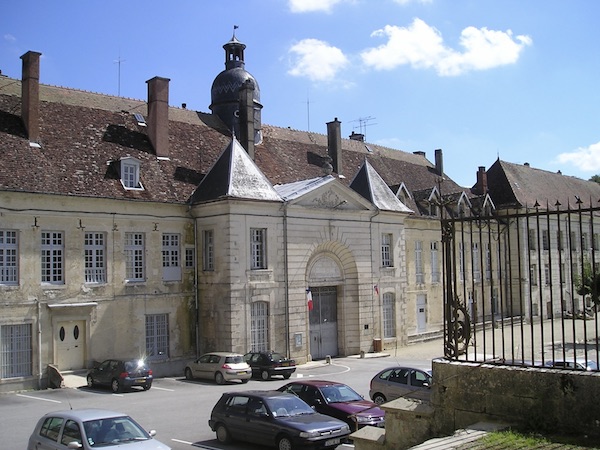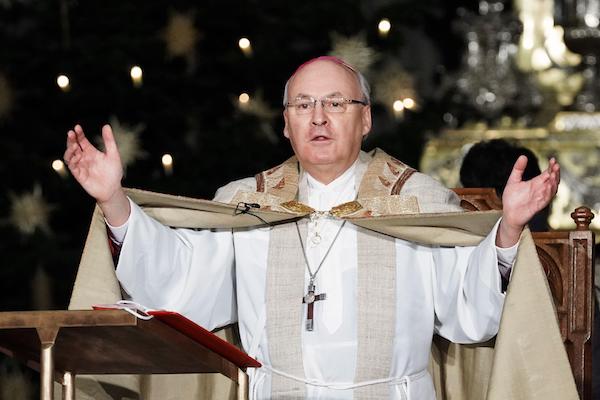Heated debates have continued in Germany over the difference of opinions between the German Synodal Path and the Vatican authorities.
These came to light when the German bishops visited Rome on their five-day ad limina visit from 14-19 November.
The altercation had even “gained in ferocity” and was “endangering both the processing of priestly sexual abuse in the interest of the victims and the efforts to renew the Church”, Bishop Rudolf Voderholzer of Regensburg told the Katholische Sonntagszeitung in Regensburg on 2 December.
At the moment “fatal and unnecessary infighting” was taking place in the Church and was “all too often torpedoing our moving closer together, listening to one another and closing ranks”, he pointed out.
The basic problem of the German Synodal Path project was that it had mixed reappraisal of priestly sexual abuse with Church political issues.
This had been confirmed by the Prefect of the Dicastery for Bishops, Cardinal Marc Ouellet, during the German bishops’ recent ad limina visit, Voderholzer recalled.
After the discussions the German bishops had had with Pope Francis and the heads of the Roman dicasteries on their ad limina visit, the bishops could not just carry on as before, Bishop Wolfgang Ipolt of Görlitz told the Tagespost.
“We must define even more clearly which votes or proposals for reform we can only delegate to Rome and which we can solve in Germany,” he said.
Bishop Bertram Meier of Augsburg suggested that the Synodal Path initiative should end its reform discussions and resolutions in the spring of 2023 as planned but should not implement its reform decisions until after the 2024 Global Synod on Synodality.
Bishop Johan Bonny of Antwerp, who is an observer at the German Synodal Path initiative, said he thought it most important to clarify the relationship between diocesan and auxiliary bishops in the German bishops’ conference “especially as far as the Synodal Path voting is concerned”.
“From the ecclesiological point of view, the vote of one or more auxiliary bishops cannot outweigh the vote of their own [diocesan] bishop or of other [diocesan] bishops,” Bonny declared in an address to the German bishops’ conference published by the Catholic Academy (“Katholische Akademie”) of the Dresden-Meissen diocese on 1 December.
There are 62 German bishops and archbishops. Twenty-seven of them head a diocese and 35 are auxiliary bishops.



 Loading ...
Loading ...